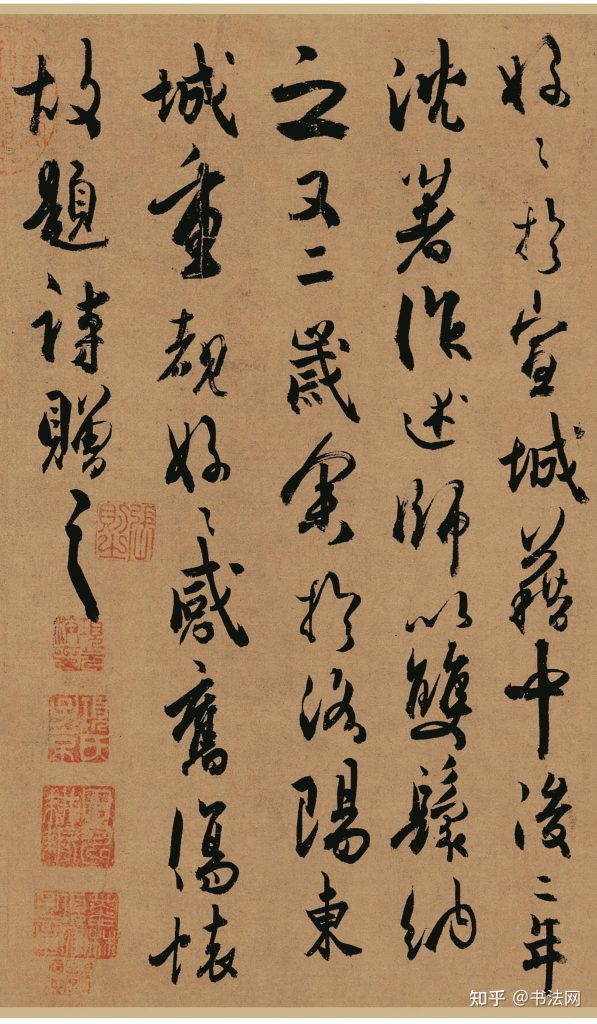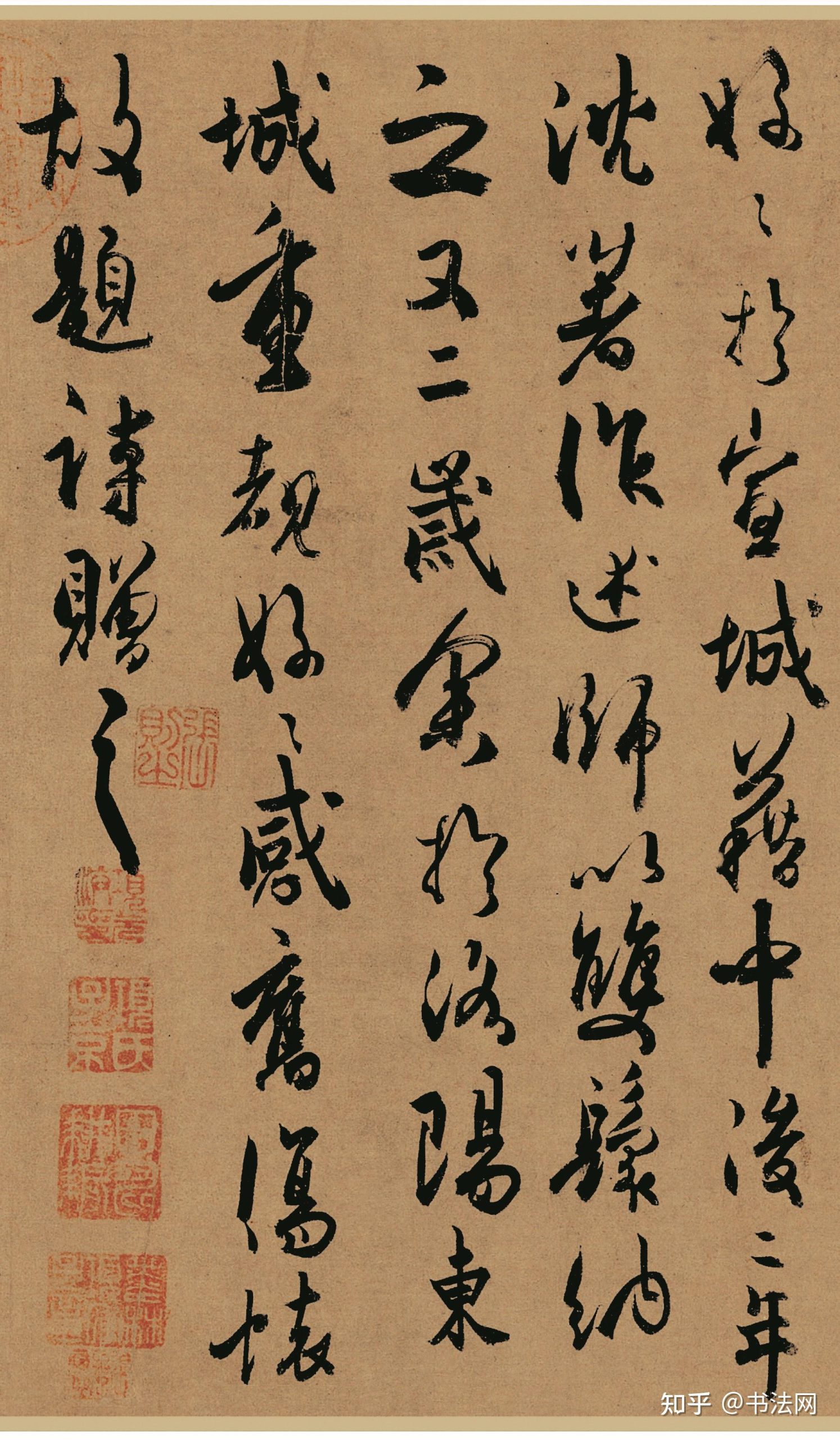Jiaozi was a currency issued in the first year of Emperor Renzong’s Tiansheng of the Northern Song Dynasty (1023 AD), more than 600 years earlier than Western countries. Next, the History Encyclopedia editor will bring you relevant articles

The Qingming Riverside Scene, one of the top ten famous paintings passed down in China, vividly records the urban landscape and living conditions of various classes of people in the 12th century capital city of the Northern Song Dynasty in China, Dongjing (also known as Bianjing, now Kaifeng, Henan), in the form of a long scroll, painted on silk with a width of 24.8 centimeters and a length of 528.7 centimeters. It is a witness to the prosperity of the capital city of Bianjing during the Northern Song Dynasty and a portrayal of the economic situation of the capital city. When it comes to the economic development of the Song Dynasty, in addition to the Qingming Shanghe Tu, which can prove its developed trade circulation, there is also the world’s earliest paper currency – Jiaozi. And today, the historical figure we are going to introduce is Zhang Yong, who invented Jiaozhi and is known as the “father of paper money
And Zhang Yong’s contribution to the Song Dynasty went far beyond inventing paper currency. He was once a high-ranking official in the Imperial Secretariat, and during the reign of Emperor Zhenzong, he was promoted to the position of Minister of Rites. He excelled in poetry and prose, and was a famous minister of the Northern Song Dynasty’s Taizong and Zhenzong dynasties, particularly renowned for his governance of Shu. Zhang Yong’s success was not accidental, and his differences can be seen from his childhood education experience.
Zhang Yong was born into poverty and only started writing at the age of nineteen. Due to the poverty of his family, they could not afford to buy books, so he borrowed books and copied them by hand before studying hard. There is no desk at home, so I read in the yard against the trunk of a big tree. I don’t go in until I finish my studies. In Zhang Yong’s poem “Persuasion to Study”, there are two lines that read: “The gate is not closed, but one must study hard to open on their own”, which shows the firmness of this person’s heart. And when he was young, he traveled extensively, even though his life was difficult and his status was low, he never felt inferior, which made him a very resilient person.

Zhang Yong, who grew up through such experiences, did not forget the poor days he once had after becoming an official, nor did he forget the people. During his tenure, almost all political affairs were related to the people. When he first served as the magistrate of Chongyang County, due to the court’s order to “pull tea and plant mulberry” and then monopolize tea (a tea monopoly system implemented in various generations after the Tang Dynasty in China), tea plantation households in other regions were either unemployed or impoverished, but only Chongyang County paid taxes with silk (i.e. fabric), and the people’s lives were stable and prosperous.
Although Zhang Yong was a civil servant, he learned fencing in his youth and also possessed the demeanor of a military general. In the fifth year of Chunhua (994), Zhang Yong was transferred to become the governor of Yizhou. Due to the exploitation of the people by local officials and the uprising of the poor, Zhang Yong repeatedly suppressed them and finally sent troops to annihilate them. After pacifying Sichuan after the chaos was quelled, there was even a saying that blindly oppressing and exploiting the people would make them take risks. Therefore, in Zhang Yong’s later career as an official, when he encountered people who committed crimes due to poverty and helplessness (during times of famine, the people sold illegal salt to make ends meet, and Zhang Yong did not impose heavy penalties), he would forgive them. The “History of Song” recorded this incident and praised his understanding and rationality.
Zhang Yong was lenient towards the people when he was an official, but very strict towards his subordinates. Once, when an official came out of the treasury with a coin, he ordered his subordinates to punish the official with a cane. The official refused and thought that even if you could hit me with just one coin, you couldn’t kill me. And Zhang Yong wrote a verdict: ‘One coin a day, a thousand coins a thousand days, the rope and sawwood will break, and water will drip through the stone.’ Then he took his sword and chopped off the head of the official. After finishing all of this, Zhang Yong went to apply for impeachment himself.
Zhang Yong’s kindness is principled kindness, and magnanimity is also principled magnanimity. He can uphold justice for the threatened officials, but he also reminds them not to engage in corruption or commit crimes. Due to his personality, Zhang Yong does not consider the face of his superiors when facing soldiers who violate discipline and plunder people’s wealth. Instead, he directly deals with and suppresses such unethical practices.
The most popular story is Zhang Yong’s taking of concubines. During his tenure in Yizhou, Zhang Yong continuously took concubines. This is not in line with Zhang Yong’s usual style, and even makes people confused, after all, Zhang Yong is over fifty years old at this time. But the subsequent development of the story was even more unexpected. A few years later, the concubines left the mansion one after another with their virginity to find new lovers. It was only then that everyone noticed that Zhang Yong took concubines to protect these poor women from harm.
Legend has it that when Zhang Yong was traveling, he visited Chen Tuan at Mount Hua and wanted to live in seclusion there. Chen Tuan rejected him and said that Zhang Yong had outstanding abilities and would become a high-ranking official in the future. He also gave Zhang Yong a poem: “Conquering Wu and entering Shu is ordinary, but in the music and dance banquet, they are busy fighting fires. They beg for Jinling to maintain leisure, but they also need to thank their temples for their sores. Young Zhang Yong didn’t understand, but these four lines of poetry can be said to be the trajectory of Zhang Yong’s life.
Zhang Yong treats his subordinates severely, but also admires talented individuals who are extremely courteous and virtuous. Although some officials may have neglected the governor Zhang Yong due to some etiquette, Zhang Yong immediately shook hands with him and apologized in advance after seeing his poem, disregarding any past grievances. Such a great man can be said to be highly respected.
Su Shi once commented on Zhang Yong: Love is won with generosity, but love ends for a moment. Be afraid of strictness, and fear within the limits of strength. Therefore, being broad yet fearful, being strict yet loving, are all difficult things that the sages can achieve far and wide. And such high evaluations also appeared in the mouths of Song Qi, Wang Anshi, Zhang Yi and others. Zhang Yong is a civil servant, but he can also be a general to protect the people in one area; Being a father and mother official, putting the people’s lives first, sincerely helping the people’s lives, and willing to destroy one’s own reputation to help others. He is probably the first ancient person who frequently took concubines but still spread beautiful stories. In him, one can see the persistence of literati, the bravery of military commanders, and the good intentions of his parents.



